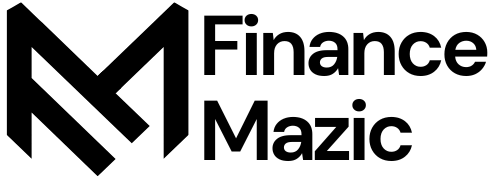Imagine this: You’re relaxing at home when your phone buzzes. It’s bad news – your car needs an expensive repair. Do you panic about how to pay for it? Or do you feel relieved knowing you have money saved for times like this?
If you panicked, don’t worry. This guide will help you build an emergency fund to handle surprise expenses without stress. Let’s get started!
What’s an Emergency Fund?
Your Financial Saviour
An emergency fund is money you save for unexpected expenses. It’s like a superhero that saves the day when you face money troubles. Some examples of when you might need it:
- If you lose your job
- When your car breaks down
- If you get a surprise medical bill
- When your home needs an urgent repair
These kinds of money problems can pop up when we least expect them.
Why It’s Great to Have One
Having an emergency fund is about more than just having extra cash. It’s about feeling secure. Imagine facing life’s challenges knowing you have money set aside to help. You’ll sleep better at night and worry less about surprise expenses.
How Much Money Should You Save?
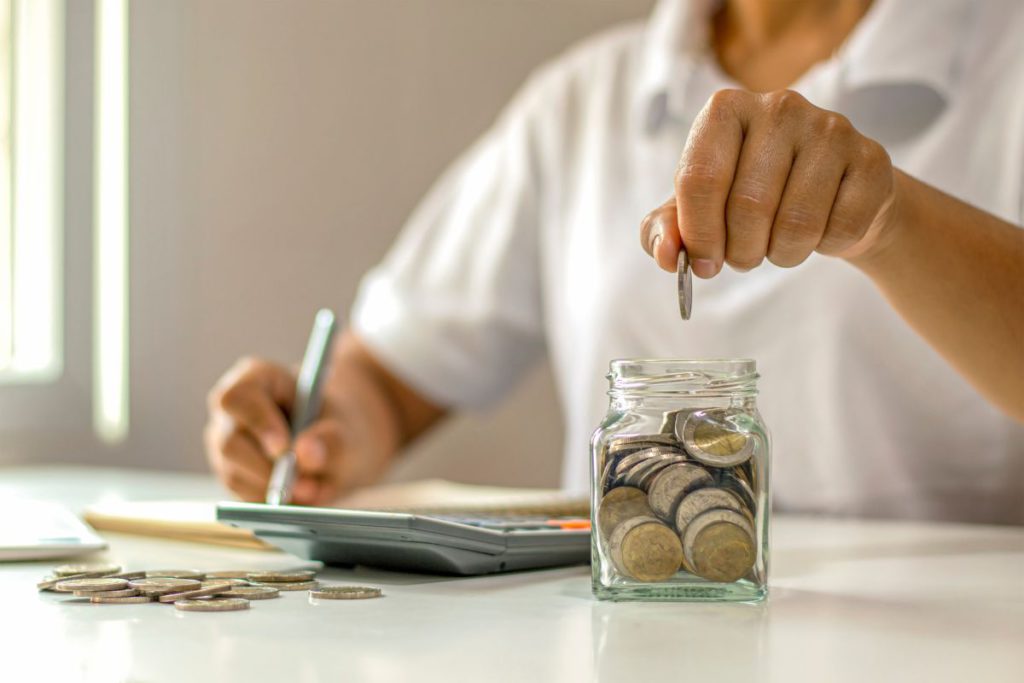
The Simple Answer
You might have heard you must save 3-6 months of expenses. That’s a good goal, but it can feel overwhelming if you’re starting. Let’s break it down to make it easier.
Figure Out Your Number
The right amount is different for everyone. Here’s how to find your number:
Add up your monthly must-pay expenses:
- Rent or mortgage
- Utilities
- Food
- Transportation
- Insurance
- Minimum debt payments
Think about your situation:
- Do you have one income or two in your household?
- Is your job stable, or has your income changed a lot?
- Do you have kids or others who depend on you?
- Do you have any health issues?
Do some simple math:
a) First, add all your monthly must-pay expenses (which we listed earlier).
For example, let’s say your total is $2,000 per month.
b) Now, choose your savings goal based on your situation:
- If your situation is pretty stable (steady job, good health): Aim for 3 months of expenses.
- If things are uncertain (variable income, some health concerns): Aim for 4-5 months.
- If your situation is risky (freelance work, health issues): Aim for 6 months or more
c) Multiply your monthly expenses by the number of months you chose:
- Stable: $2,000 x 3 = $6,000
- Uncertain: $2,000 x 5 = $10,000
- Risky: $2,000 x 6 = $12,000
So, if your situation is stable, your emergency fund goal would be $6,000. If it’s uncertain, aim for $10,000. If it’s risky, try for $12,000 or more. Remember, these are goals to work towards. Any amount you save helps!
Start Small
If saving thousands feels overwhelming, don’t worry. Start with a mini emergency fund of $1,000. This will help with small emergencies while you work on bigger money goals. Then you can slowly build up to your full emergency fund goal.
How to Build Your Emergency Fund Fast
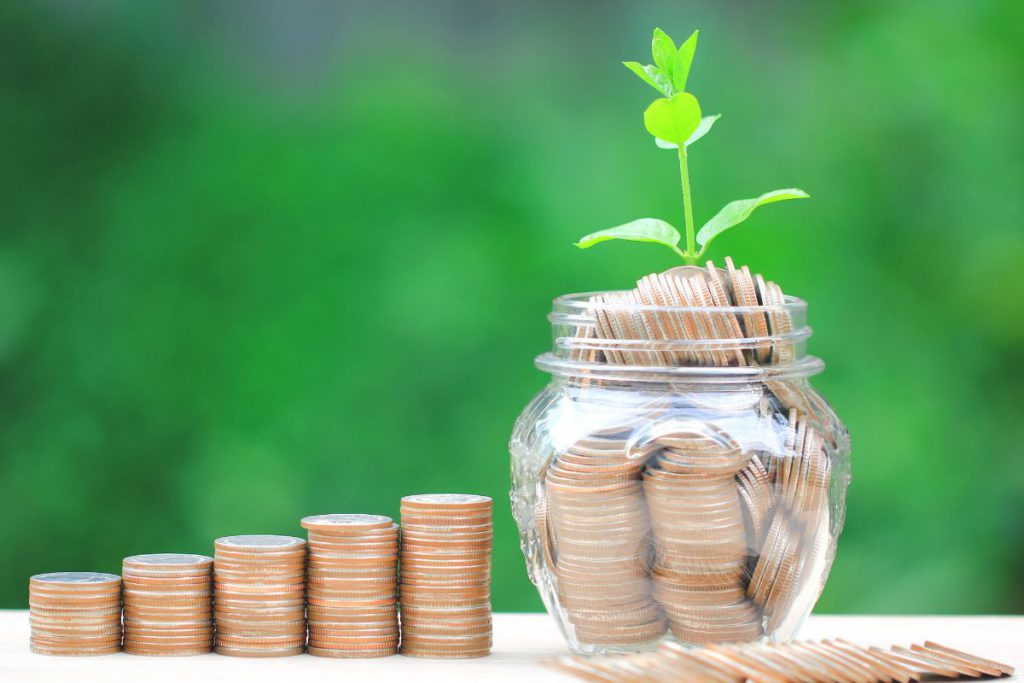
Now that you know how much to save, let’s talk about how to do it quickly.
Find Extra Money in Your Spending
Look for ways to cut back on spending:
- Make coffee at home: You could save $100 monthly by skipping the coffee shop.
- Check your subscriptions: Are you paying for services you don’t use?
- Call your bill providers: Ask for better rates on your phone or internet.
- Wait before buying: For things you want (but don’t need), wait 48 hours before buying. You might change your mind!
Make Saving Automatic
Set up your bank account to move money to your savings automatically:
- Save on payday: Set up a transfer to your savings account each time you get paid.
- Use apps that save for you: Some apps round up your purchases and save the extra.
- Save surprise money: Put any unexpected money (like gifts or tax refunds) straight into savings.
Make More Money
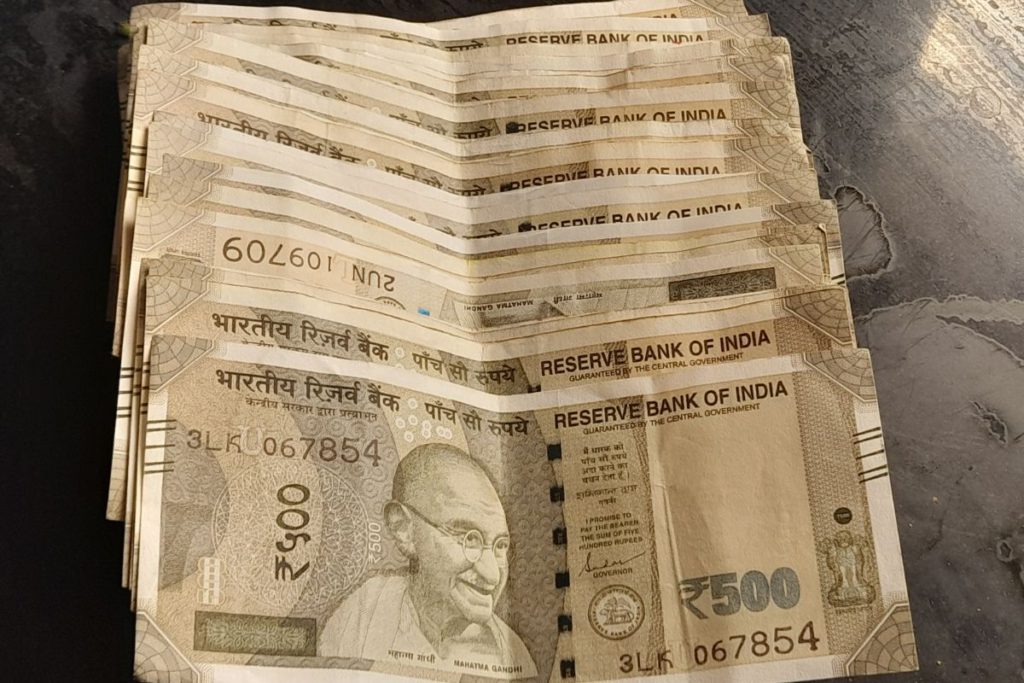
Sometimes, more than spending is needed. Try to earn more:
Side job ideas:
- Use your skills to do freelance work online
- Drive for a rideshare company
- Take care of pets or houses
- Sell things you don’t need anymore
Ask for a raise: If you’re doing great at work, it might be time to ask for more money.
Work extra hours: Extra shifts or overtime can boost your savings fast.
Put Your Money in the Right Place
Where you keep your emergency fund matters. Look for savings accounts that pay you more interest:
- Online banks: Often pay more interest than regular banks.
- Money market accounts: Pay more while letting you get your money quickly.
Remember: You want to be able to get your money quickly if you need it.
Make Saving Fund

Turn saving into a game to keep yourself excited about it:
- 52-Week Challenge: Save $1 in week 1, $2 in week 2, and so on. After a year, you’ll have $1,378!
- $5 Saving Plan: Save $5 every time you get a bill. It adds up fast!
- No-Spend Month: Pick something you usually spend on (like eating out) and don’t spend on it for a month. Put that money in savings instead.
Taking Care of Your Emergency Fund
Great job! You’re building your safety net. But there’s more to do to keep it safe.
Rules for Your Emergency Fund
- Know what “emergency” means: A big sale at the store is not an emergency!
- Keep it separate: Put your emergency money in a different account from your spending money.
- Don’t touch it: Avoid using this money for non-emergencies.
- Fill it back up: If you have to use your emergency fund, make it a priority to save that money again.
When to Use Your Emergency Fund (And When Not To)
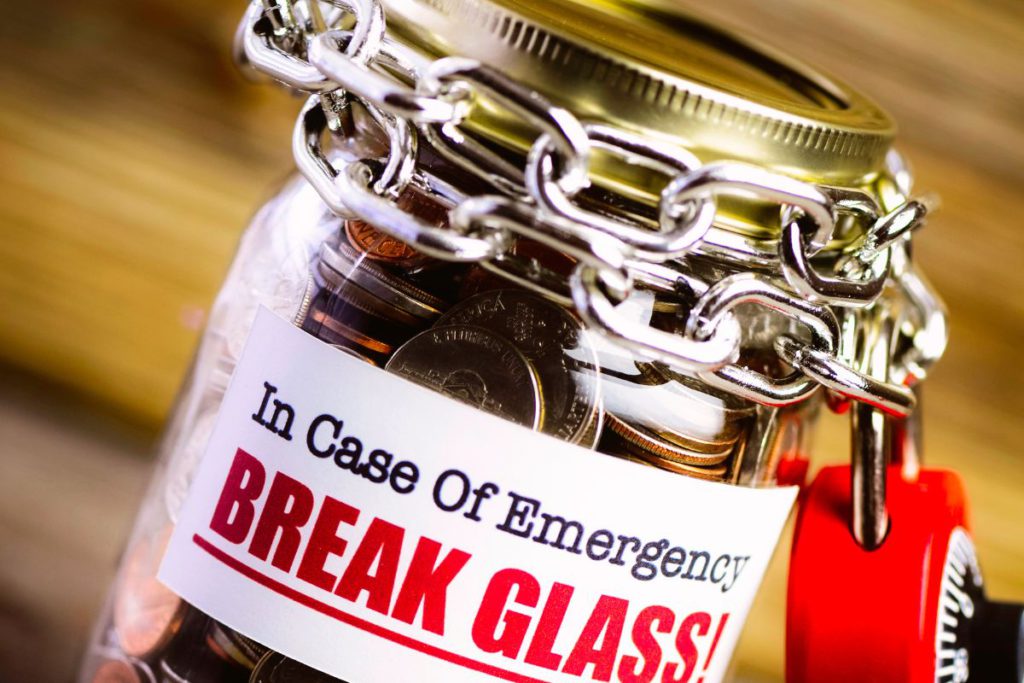
Use it for:
- Losing your job
- Surprise medical bills
- Important home or car fixes
- Unexpected travel for family emergencies
Don’t use it for:
- Things you know you’ll need to pay for (like holidays)
- Things you want but don’t need
- Regular bills you forgot about
How an Emergency Fund Helps Your Mind

Having an emergency fund protects your wallet and is good for your mental health.
Less Stress
Money worries can make you sick and hurt your relationships. An emergency fund helps you worry less about surprise expenses.
Better Choices
You can make wiser long-term decisions when you’re relaxed about money. You might feel brave enough to leave a disliked job or return to school.
Feeling in Control
It’s a great feeling to know you can handle tough times. Your emergency fund shows that you’re good with money, so think ahead.
Common Questions About Emergency Funds
Q: Should I save for emergencies if I have debt?
A: Yes! Start with a small emergency fund ($1,000) while paying off expensive debt. This stops you from getting more debt when emergencies happen.
Q: Where should I keep my emergency fund?
A savings account that pays good interest is best. You want to be able to get your money quickly if you need it.
Q: Can I invest my emergency money?
It usually could be a better idea. You want your emergency money to be easy to get and avoid losing value.
Q: How often should I check on my emergency fund?
A: At least once a year, or when big things change in your life (like getting married, a new job, or having a baby).
Start Your Emergency Fund Today
Having an emergency fund is one of the best things you can do for your money. It’s like having your insurance against life’s surprises.
Remember:
- Start with what you can, even if it’s just $5 a week.
- Keep at it, don’t give up.
- Celebrate when you reach your goals along the way.
You will be so thankful for the peace of mind this money brings in the future. Are you ready to start building your safety net? Your path to feeling more secure about money starts right now.
Happy saving!
